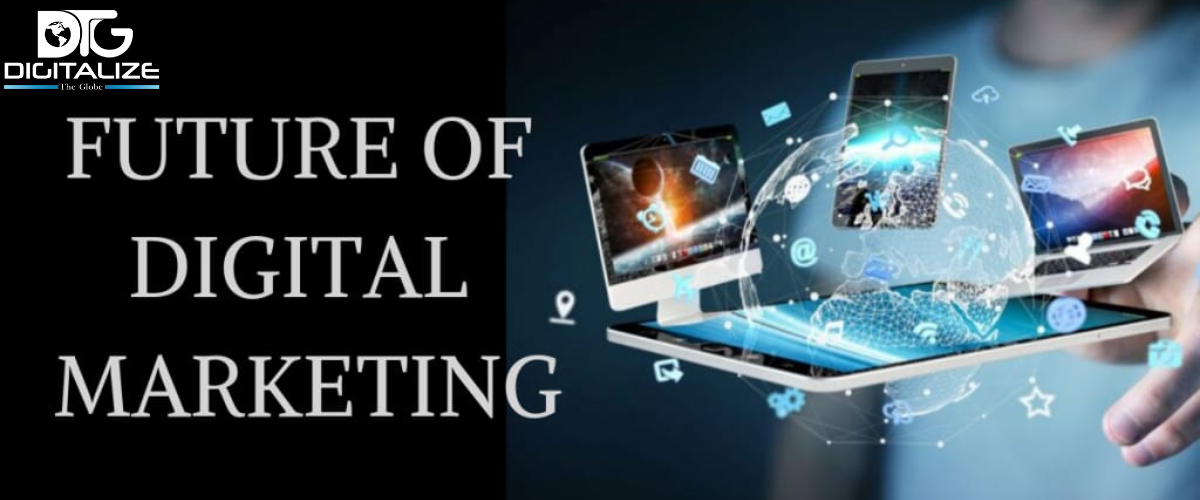

Real-time content customization based on user behavior and preferences
AI-generated personalized product recommendations
Automated, context-aware email marketing campaigns
Virtual product try-ons and demonstrations
Immersive brand storytelling experiences
AR-enhanced in-store shopping experiences
3. Voice and Conversational Marketing
Optimization for voice search queries
Development of voice-activated ads and content
Chatbots evolving into more sophisticated conversational AI
Commitment to sustainability and environmental responsibility
Ethical data practices and privacy protection
Social responsibility and community engagement
Anticipation of customer needs before they arise
Proactive customer service and issue resolution
More accurate forecasting of market trends
6. Omnichannel Marketing Integration
Unified customer data platforms for consistent messaging
Integration of online and offline marketing efforts
Cross-device and cross-platform campaign synchronization
Increased use of TikTok-style short videos for brand storytelling
Integration of shoppable features in short-form video content
AI-assisted video creation and optimization
Adoption of first-party data strategies
Increased use of contextual advertising
Development of privacy-preserving measurement techniques
Transparent and verifiable ad delivery and performance metrics
Blockchain-based loyalty programs and rewards
Decentralized social media platforms
As these trends unfold, marketers will need to stay agile, continuously learning and adapting their strategies to leverage new technologies and meet evolving consumer expectations. The key to success in 2025 will be balancing innovation with ethical considerations and maintaining a strong focus on delivering value to customers.
welkinmedia2025-02-27 08:43:38
I just wanted to say how impressive this article is! Your blog is truly an expert at understanding app develoment trends. App development has evolved a lot over time, and it's amazing to see how it’s shaping the digital world. Whether it's creating a user-friendly interface or optimizing performance for multiple devices, building a seamless app is both a challenging and rewarding experience. every step of the development process is crucial to creating an app that truly stands out. I’m excited to see how innovation will continue to drive this industry forward. Our website has been designed with a seamless user experience in mind, ensuring it looks great and functions flawlessly across all devices. With strong SEO optimization and targeted digital marketing and app development strategies, we’ve successfully boosted our online visibility and connected with the right audience. We are proud of the impact our website and marketing efforts have had and look forward to continuing our growth. Check out our site to see how we bring innovation to life. This blog provides excellent tips and expert advice